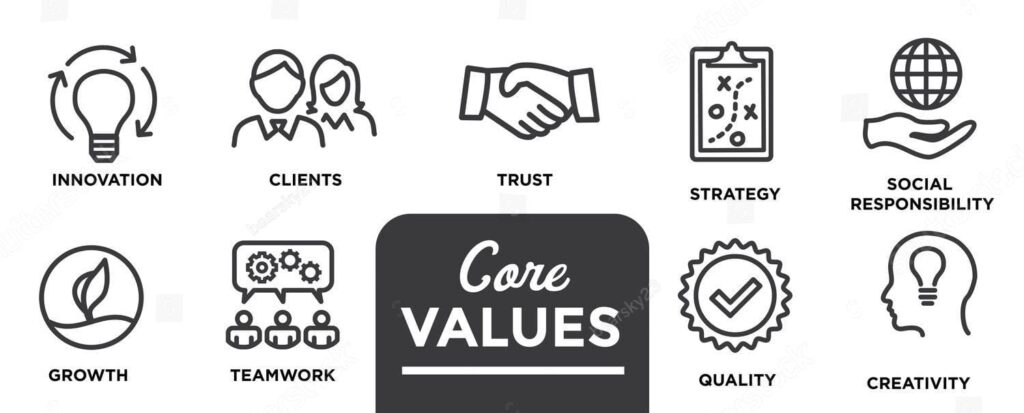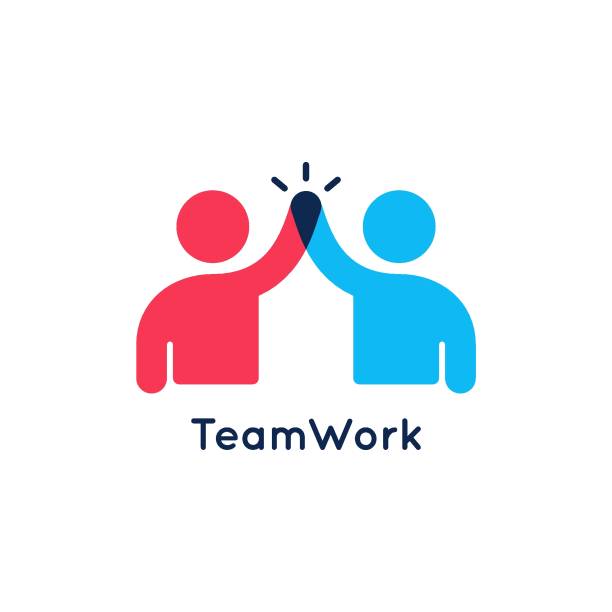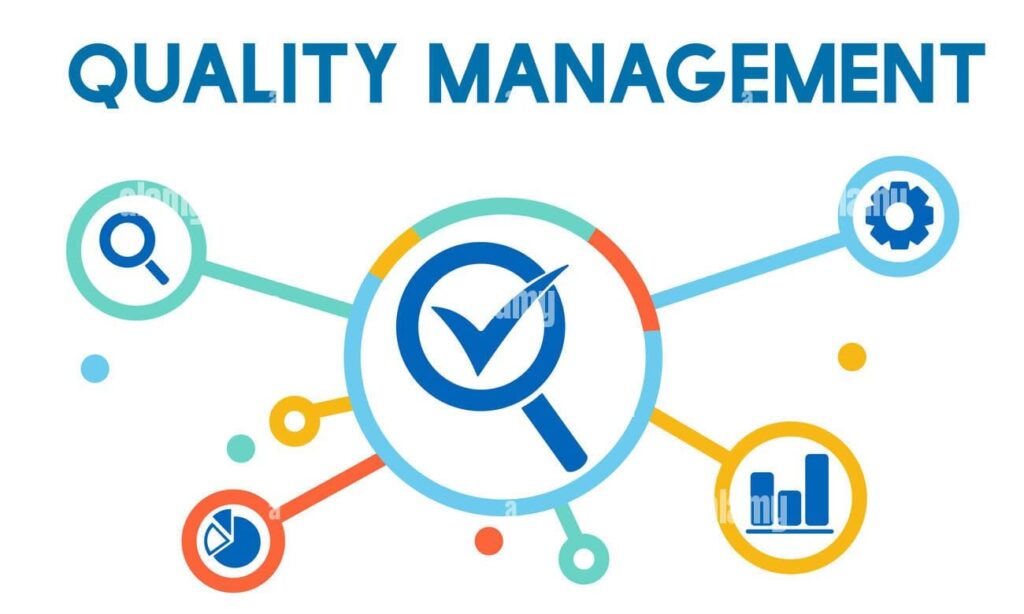EXPERTISE
Our team of seasoned developers, designers, and data scientists brings a wealth of experience to every project.
INTRODUCTION
CORE VALUES OF EXPERTISE

INNOVATION

CLIENTS

TRUST
In the business context, trusts can be established to safeguard assets and ensure their efficient management. A trustor may appoint a trustee to oversee specific business assets or property on behalf of beneficiaries, such as shareholders or employees. This arrangement helps maintain transparency, accountability, and legal protection for the assets involved. Trusts in business operations often serve to mitigate risks, manage investments, and facilitate smoother succession planning. Overall, trusts play a crucial role in enhancing the stability and security of business ventures while aligning with fiduciary duties towards stakeholders.
STRATEGY
In business, strategy refers to a comprehensive plan devised to achieve long-term goals and objectives. It involves analyzing market dynamics, competition, and internal capabilities to make informed decisions. Effective strategies encompass allocation of resources, risk management, and adaptation to changing environments. Ultimately, strategic planning guides organizations in maximizing their competitive advantage and achieving sustainable growth.

SOCIAL RESPONSIBILITY
Social responsibility in business refers to the ethical obligation of companies to contribute positively to society and the environment. It involves actions that go beyond legal requirements, such as supporting community initiatives, minimizing environmental impact, and ensuring fair treatment of employees and stakeholders. Companies practicing social responsibility strive to balance profit-making objectives with the broader interests of society, aiming for sustainable and ethical business practices. By prioritizing social responsibility, businesses can enhance their reputation, attract customers, and foster long-term viability.
GROWTH
In business, growth refers to the expansion of a company’s operations, revenues, and market share over time. It can be achieved through various strategies such as increasing sales, entering new markets, or expanding product lines. Sustainable growth requires careful planning, investment in resources, and adaptation to changing market dynamics. Ultimately, successful growth initiatives lead to enhanced competitiveness, profitability, and value creation for stakeholders.

TEAM WORK
In business, teamwork is the collaborative effort of individuals towards shared goals and objectives. It involves effective communication, mutual respect, and leveraging each member’s strengths. High-functioning teams foster innovation, problem-solving, and productivity, leading to better outcomes. Cultivating a culture of teamwork enables companies to achieve greater efficiency, adaptability, and overall success in achieving their mission.

QUALITY
Quality in business refers to the consistent delivery of products or services that meet or exceed customer expectations. It entails meticulous attention to detail, adherence to standards, and continuous improvement processes. Maintaining high quality enhances customer satisfaction, loyalty, and brand reputation. Businesses that prioritize quality often experience lower costs, fewer returns, and increased competitiveness in the marketplace.

CREATIVITY
Creativity in business involves generating innovative ideas, solutions, and approaches to address challenges and opportunities. It encourages thinking outside the box, experimentation, and embracing diverse perspectives. Cultivating a culture of creativity fosters product differentiation, market disruption, and competitive advantage. Businesses that prioritize creativity often experience enhanced problem-solving capabilities, increased customer engagement, and sustainable growth in dynamic market environments.
CONCLUSION
Expertise in business is essential for achieving success and maintaining competitive advantage. It encompasses specialized knowledge, skills, and experience in specific domains relevant to the industry. Businesses benefit from expertise by leveraging it to make informed decisions, innovate, and solve complex problems effectively. Moreover, expertise enables companies to build credibility, establish trust with customers, and differentiate themselves from competitors. Ultimately, expertise empowers businesses to navigate challenges, seize opportunities, and drive sustainable growth in an ever-evolving marketplace.
